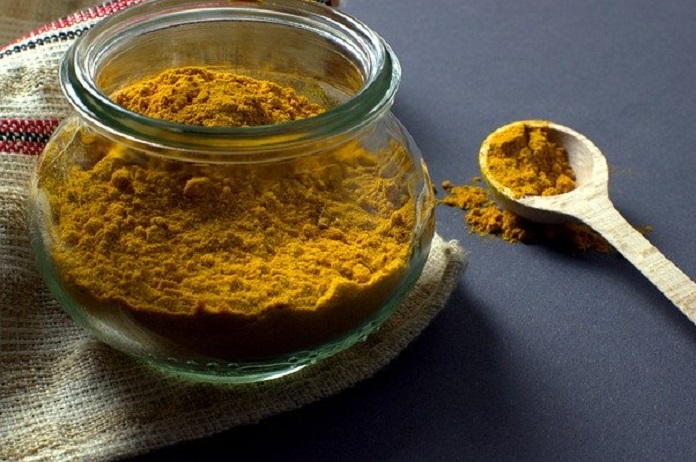Researchers in China investigated the antiviral properties of curcumin, a compound found in the spice turmeric.
There is much research interest in the potential antiviral properties of naturally occurring compounds used in Traditional Chinese Medicine and other alternative therapies. Curcumin, a compound found in the spice turmeric, inhibits the growth of some types of viruses including Zika virus and the viruses that cause dengue fever and hepatitis B. The compound has also been shown to have antitumor, anti-inflammatory and antibacterial effects. Encouraged by these earlier studies, researchers in China investigated the antiviral effects of curcumin on transmissible gastroenteritis virus (TGEV), a member of the alpha-group of coronaviruses, which causes a highly infectious diarrheal illness in pigs and is usually lethal in piglets under two weeks old. They recently reported their findings in the Journal of General Virology.
Compound found in turmeric has antiviral properties
In laboratory experiments, the research team pre-treated cultures of pig kidney cells with various concentrations of curcumin. The cell cultures were then exposed to TGEV.
Pig cells that were treated with higher concentrations of curcumin had a lower number of virus particles in the cell culture. Further experiments suggested that curcumin reduced TGEV infection in several ways: by directly killing the virus, by inactivating the virus through affecting the viral shell, and by affecting the pig cells to reduce adsorption of TGEV into the cells.
Further studies of curcumin antiviral effects in animal models are needed
The researchers plan to continue their investigations in animal model studies to assess whether curcumin’s antiviral effects occur in vivo. This will also help to provide a better understanding of the biological mechanisms of curcumin in preventing viral infection.
Although there is a vaccine available for TGEV, it is not effective in preventing the spread of the infection, which still poses a major threat to swine farming. Currently, there are no approved treatments for TGEV.
“There are great difficulties in the prevention and control of viral diseases, especially when there are no effective vaccines,” said Dr Lilan Xie, from Wuhan Institute of Bioengineering, the lead author of the study. “Traditional Chinese medicine and its active ingredients are ideal screening libraries for antiviral drugs because of their advantages, such as convenient acquisition and low side effects,” he added. The researchers hope that curcumin might be a potential treatment for TGEV infection in the future.
Written by Julie McShane MA MB BS
References
1. Li Y, Wang J, Liu Y, et al. Antiviral and virucidal effects of curcumin on transmissible gastroenteritis virus in vitro. Journal of General Virology, published online 17 July 2020. Doi: https://doi.org/10.1099/jgv.0.001466.
2. Microbiology Society, Press release 17 July 2020. Tumeric could have antiviral properties. https://www.eurekalert.org/pub.releases/2020-07/ms-tch071720.php
Image by cgdsro from Pixabay



